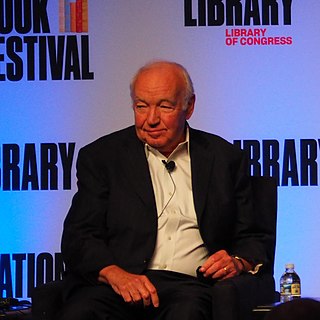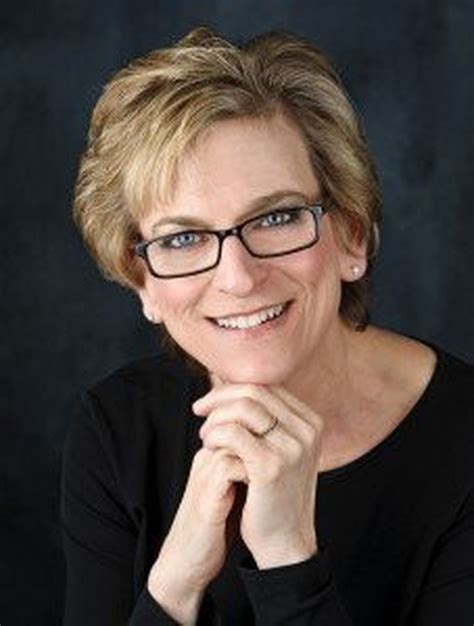A Quote by Guy Kawasaki
An editor who is a mentor, advisor, and psychiatrist. Don't kid yourself-a good editor will make your book better.
Related Quotes
That is an editor. He is trying to think of a word. He props his feet on a chair, which is the editor's way; then he can think better. I do not care much for this one; his ears are not alike; still, editor suggests the sound of Edward, and he will do. I could make him better if I had a model, but I made this one from memory. But is no particular matter; they all look alike, anyway. They are conceited and troublesome, and don't pay enough.
My last point about getting started as a writer: do something first, good or bad, successful or not, and write it up before approaching an editor. The best introduction to an editor is your own written work, published or not. I traveled across Siberia on my own money before ever approaching an editor; I wrote my first book, Siberian Dawn, without knowing a single editor, with no idea of how to get it published. I had to risk my life on the Congo before selling my first magazine story. If the rebel spirit dwells within you, you won't wait for an invitation, you'll invade and take no hostages.
I find myself acting for an editor more, because there's a quick turnaround with television, so you want to try and seem like you're as frenetic as possible, while replicating your movement so you're giving the editor more opportunity to cut within the different takes. If you're so crazy that you're sitting in one take and standing in another, the editor can only choose one take or the other. But if you can wrangle yourself into the same spot over and over, then you give them more choices for you.
What makes a good editor is staying the hell out of the way as much as possible. ... If you're a DC or Marvel or Dark Horse or BOOM! editor who's assigning work, then if you did your job properly to begin with, then the people you've hired can be trusted to do what they do without excessive meddling. The ideal situation you're shooting for as an editor is to groom a collaborative creative team to the point where their work sails effortlessly through production and the most you have to do is fix the spelling and the commas.
I have a great editor and I enjoy, in a masochistic way, being ruthless about my own performance. How do I know, but I think I'm quite good at saying, "That's no good. That's no good. That's it. That's it. That's good." And I'm with the editor who goes, "No, I think you're wrong. That's not your best." There's an initial point in the editing, if you're directing yourself, especially in my case, where you go, "Ouch, ouch, ouch, I can't watch this." And then, there's a point where you become hard-nosed and just take your neurosis away and go, "What's working? That's okay. That's okay. We can lose that, and lose that." You get objective about it.
In the long run, the quality of your work is all that matters. That is your only resumé. Be professional. Make sure your editor or publisher can always reach you. Do what's asked of you if your conscience can bear it. But know that, five years from now, as fans or prospective employers are looking over your published pages, no one will care that this story sucks because the publisher moved the deadline up or because the editor made you work an android cow into the story. All they will care about is what they see in front of them, and they will hold you responsible for it, no one else.


































